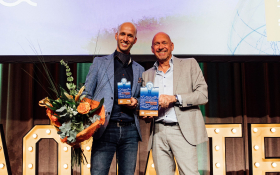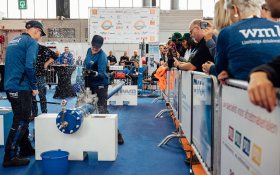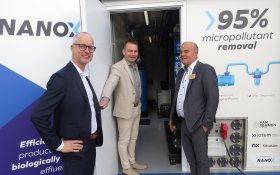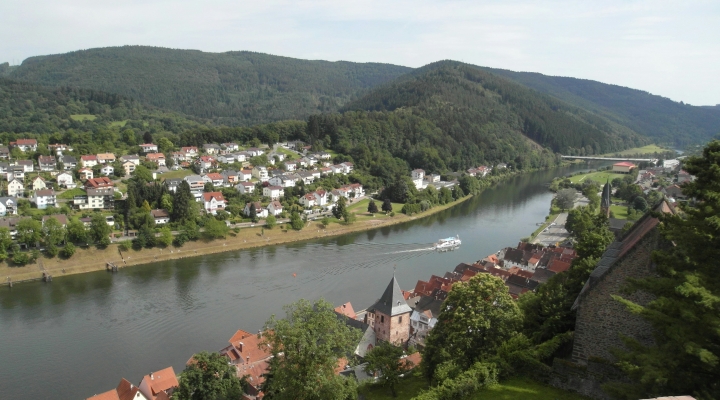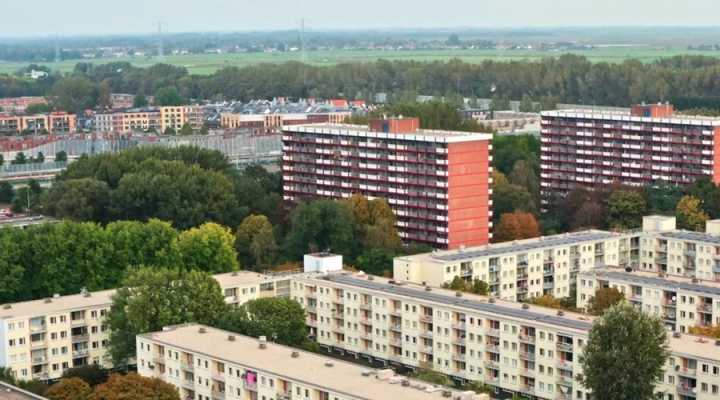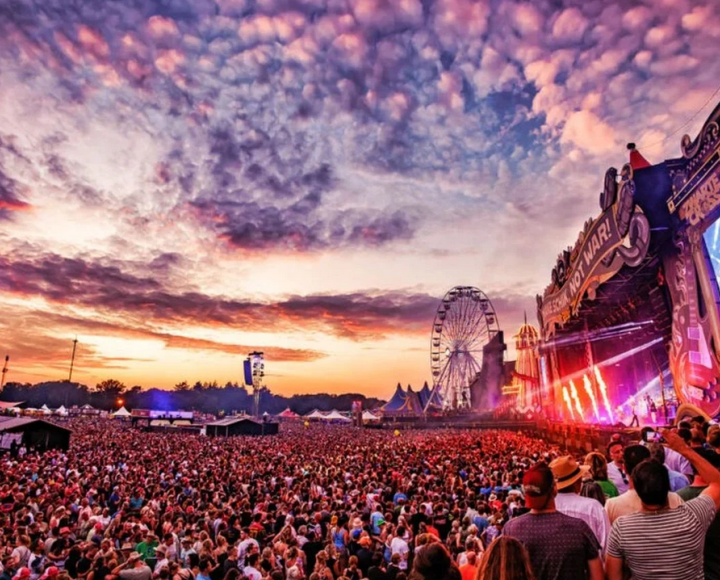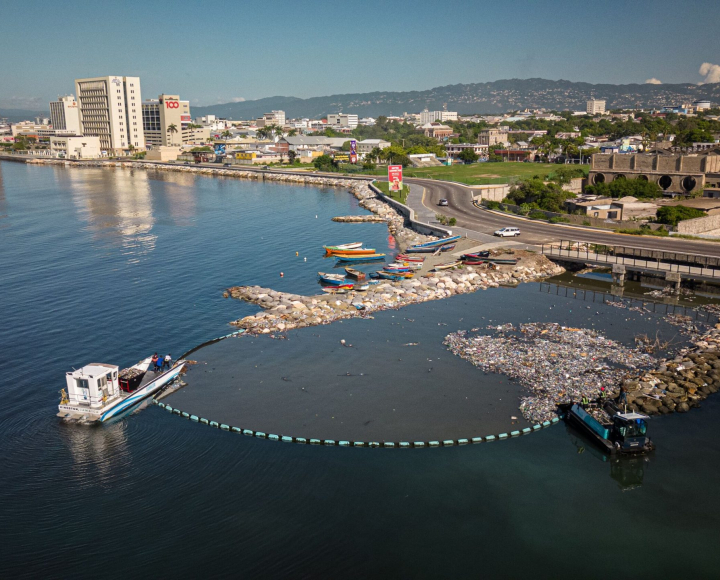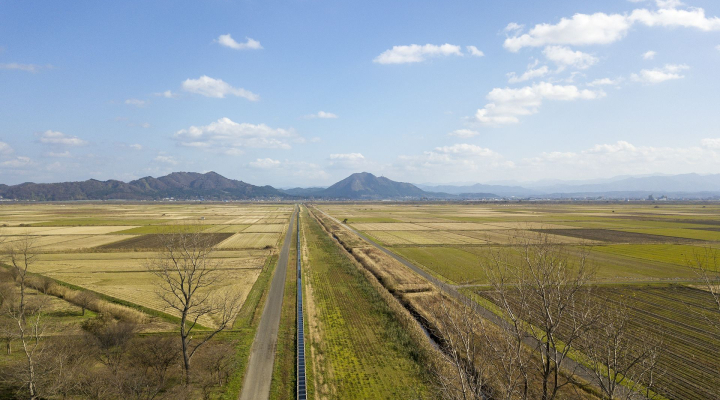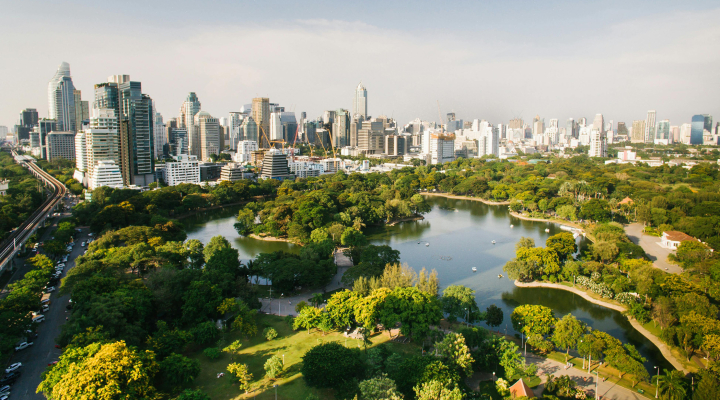AIWW/Aquatech: Where are the unicorns of the water sector?
Are unicorns coming over the horizon with high tech solutions that enable the water sector to address the big global challenges it has? This question was posed at the Aquatech Innovation Platform that took place on 1 November, preluding the Aquatech Amsterdam water technology trade fair.
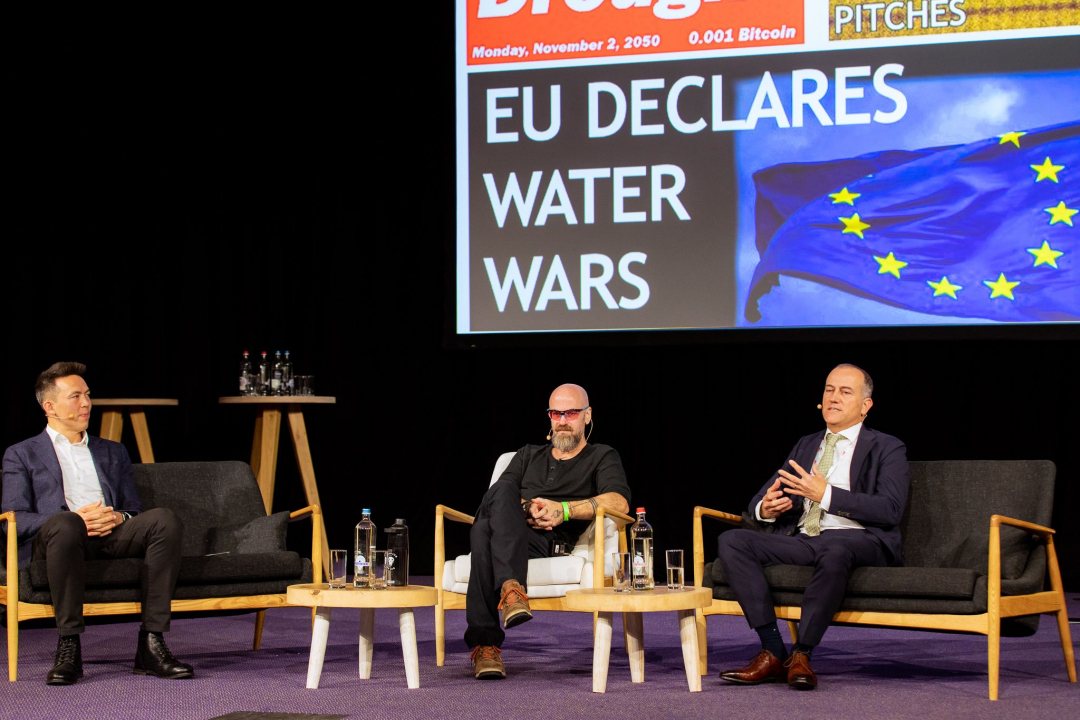

Role for water utilities
The question was raised because in pharmacy, finance and ICT, start-ups with a good idea can quickly reach the market value of 1 billion dollar. In 2016 Fortune magazine listed 174 so called unicorn companies in the world, mainly in the United States.
Discussing their potential in the water sector at Aquatech, it was mentioned that smart technologies are entering the water sector too, offering start-ups huge opportunities. During the platform meeting it was concluded, that the potential to bring their ideas to scale and reach the billion-dollar mark is limited if the start-ups stay within the water sector.
One way to create scale is for start-ups to stay close to water utilities. However, utilities are conservative as they make long term investments for their centralized water infrastructure. So water utilities can bring scale but the pace is slow.
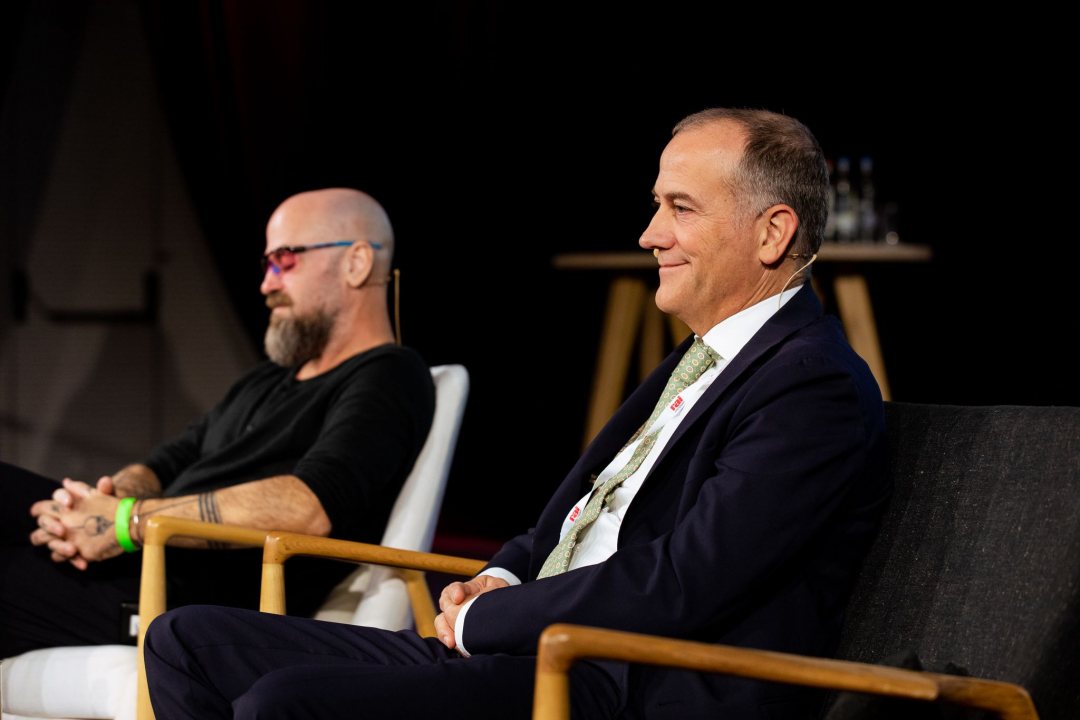

Obstacles for growth
CEO Wim Drossaert of Dutch water utility Dunea mentioned the water governance structures as a big obstacle. ‘The current governance structures are an unintended barrier for start-ups in the water business. Infrastructure is often managed by monopolists’, he remarked.
Swedish digital philosopher Aric Dromi, mentioned the current business models. ‘The current business models of utilities are outdated. Profit driven utilities will increase their prices. Perhaps this will happen faster than we might think,’ he warned.
Personalized water filtering
‘For fighting Covid-19 the world is unified, but for water I see no leaders in the water sector to help us’, Dromi remarked. ‘We have so many smart technologies for medicines. I would like to see utilities invest in these technologies and start promoting fancy consumer products that are personalized to individual needs. No generic filters but filters that produce the best tap water that feeds to my DNA’, he suggested.
Dromi clearly sees healthy food and water as big opportunities for start-ups with intelligent monitoring technology. ‘You can jump on the wagon of COVID-19 and create a healthier society’, he added. ‘Utilities should help create a more healthy society. I miss a clear vision.’
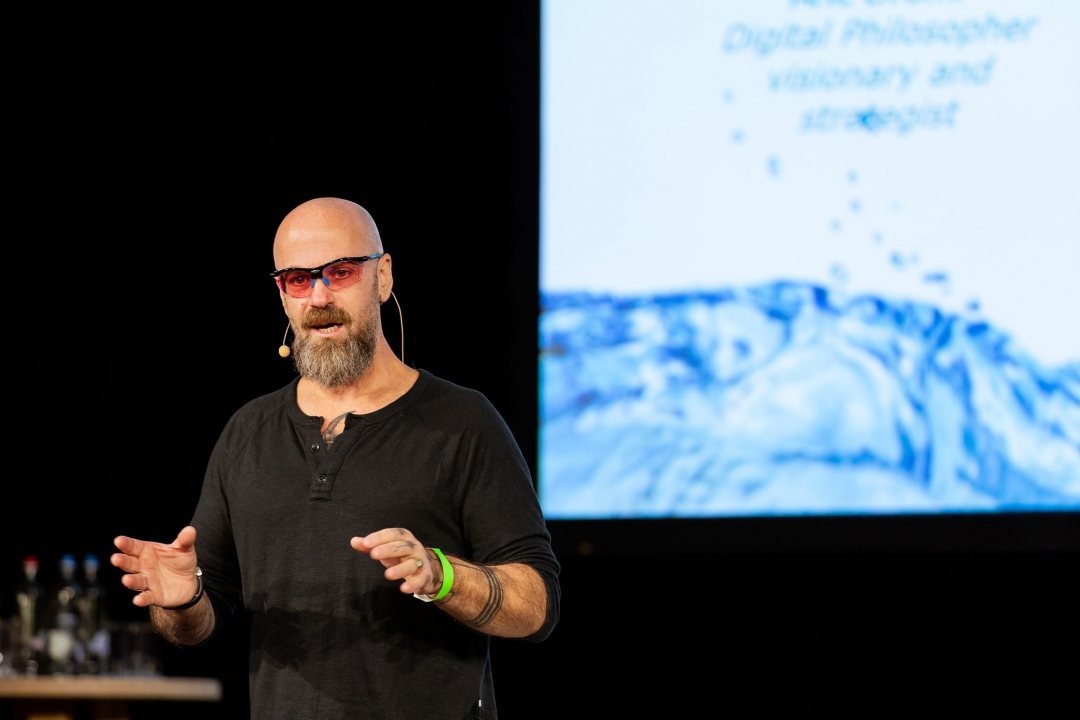

Healthy products
On the issue of the chemical PFAS in the environment, Drossaert mentioned that consumers must become much more aware of the products they are using. ‘We need to communicate better that we do not want products that can bring PFAS in our environment’, he said.
Dromi went one step further and was clearly annoyed by all the advertising of products we do not need in our life. He advocates Artificial Intelligence (AI) monitoring technology for healthy food and water. ‘If you are in a supermarket you can scan a product and learn more about its origin. Why not use this same technology to scan a product on its water footprint and water pollution impacts, as well as on nutrition’.
Drinkable rivers
Healthy water was also a topic at the online Amsterdam International Water Week (AIWW) conference. Activist Li An Phoa shared her vision of Drinkable Rivers. To her, drinkable rivers are an indicator of healthy living. In her perspective drinking from our rivers, means that a whole ecosystem is healthy and in balance.
In a session on Li An Phoa’s vision, the open water challenge Amsterdam Swim was mentioned. To be able to organise a city swim in its canals, the Amsterdam based water authorities started a programme to improve the water quality. ‘It helps to stimulate more awareness for respecting nature and stop further pollution’, according to Li An Phoa. Swimmable water is not yet drinkable water, she admitted. ‘If we start realising the impact and stop activities that pollute rivers, we can change trends’, she said, optimistically.
The Aquatech Amsterdam trade fair and the Amsterdam International Water Week conference will last till 5 November.




